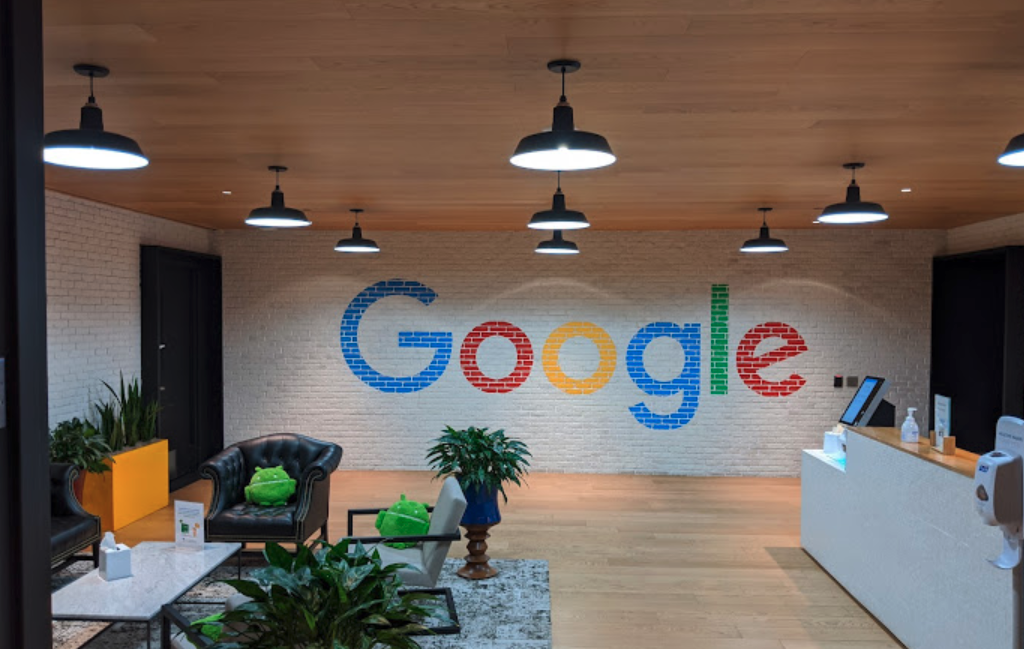Google’s New Business Profile: When Search Becomes a Political Tool
Google, in an effort to regain control of the antitrust narrative, has brazenly and deceptively enlisted small businesses to argue the company's case.

- Google is using the new Business Profile to solicit small business opposition to pending antitrust legislation.
- Using search features to sway small business sentiment reflects a new, more aggressive Google policy towards regulation.
- Unfortunately, the authorities Google is using to support its position are largely astroturfed.
